If there is one positive to come out of being in lockdown, it is the fact that I’m saving hundreds of pounds per month – but it comes at a price.
As devasting as coronavirus has been on the world, the truth of the matter is that it has helped me to get my finances in order and to get me back on track. No amount of money or savings will offset the devastating impact that it has had on people in terms of self-sacrifices and paying the ultimate cost, life.
However, I feel it’s important to share a slightly different view on the current situation. Hopefully by sharing some of the things that I’ve done, it may help others to re-evaluate their outgoings and put them in a stronger position going forward. I should say that I’m no money advice expert, so take from this what you will, I’m just a dad looking to sort my life out.
Prior to lockdown
I would commute to and from work in my car, which is approximately a 20-mile round trip from home. Luckily, I can park near to the office for free, so there is no cost there. In terms of food, I would take food to work (when I can remember), but I would still pop out each lunchtime to buy snacks or buy food that I deemed better than what I brought with me.
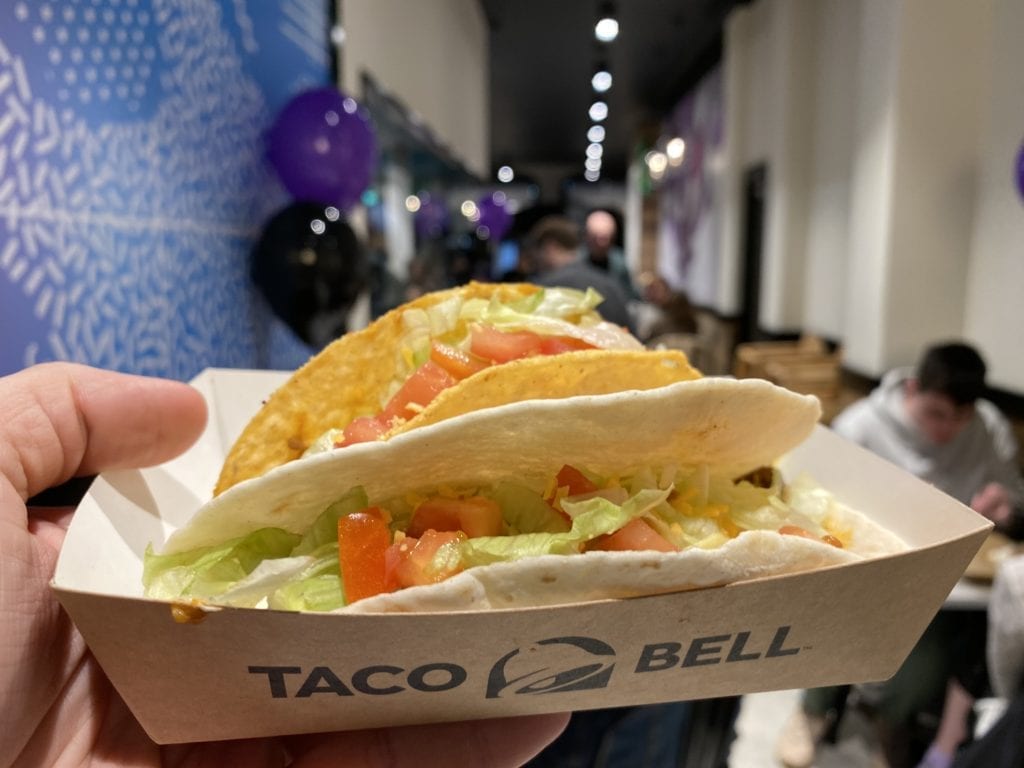

In the evening, I could either be found in a supermarket buying food for 1-2 days at a time or eating out at a local restaurant before going on to another past time such as the gym or theatre.
The weekend would follow a similar pattern and would change on the days and evenings when I see my daughter – although we’d still always be doing some of the above!
Spending on clothing and other goods would always be ad-hoc, but if I needed (or wanted) something, I wouldn’t give it much thought in replacing or upgrading what I already have.
Areas of significant spend:
- Commuting costs – £40 per week
- Eating out (lunchtime / evenings) – £100s per month
- Online shopping – £100s per month
- Bi-weekly haircuts – £30 per month
- Credit card use and interest payments – £60 + per month (interest)
- Gym membership – £20 per month
At the start of lockdown
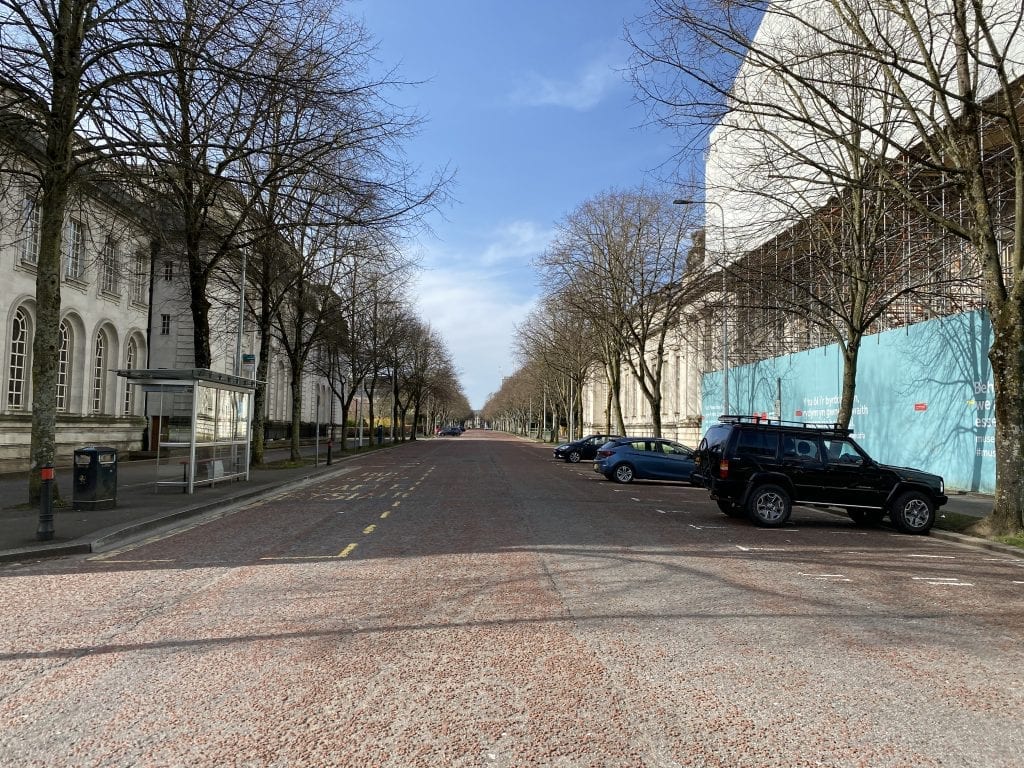

A lot changed pretty quickly, most noticeable being the use of my car and eating out. When the Government ordered businesses to close, especially in hospitality, that effectively turned those expenses off.
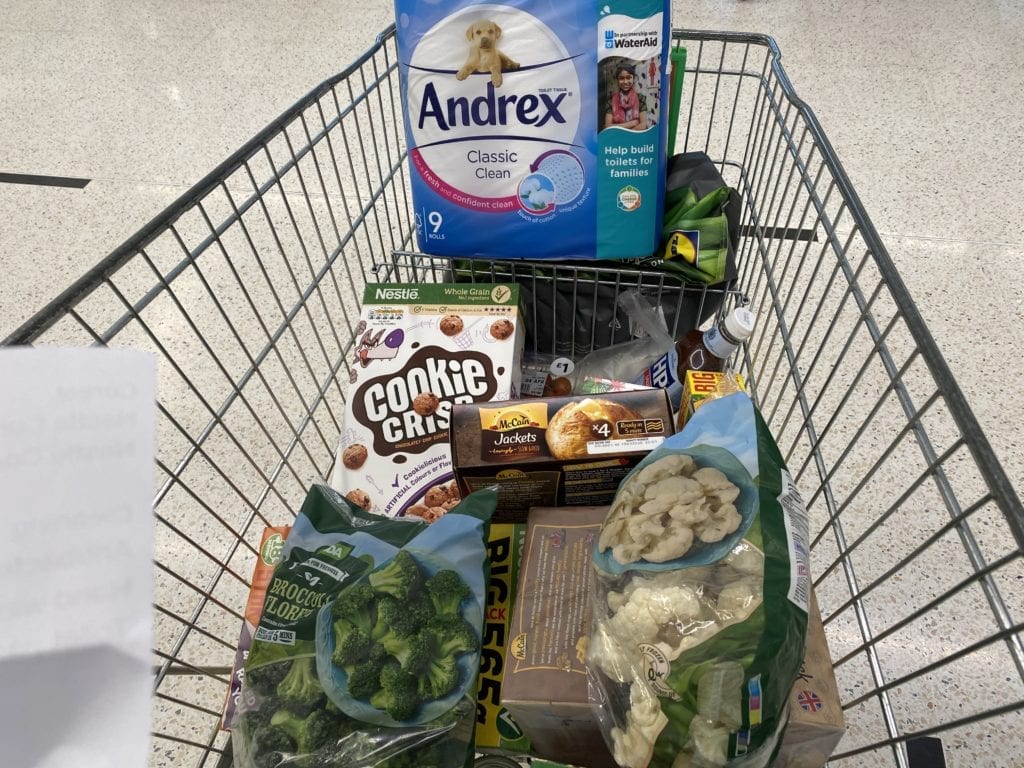

However, what I did notice is that I was compensating my eating out spend by buying ridiculous amounts of food and drink in the supermarket. I’ve just received my Tesco Clubcard statement, and although I spent near to the equivalent in other supermarkets too, my Tesco Clubcard points have doubled. In the early days of lockdown, I bought a ton of food that I couldn’t get through before their use-by-date. I know I’m not the only one to experience this…
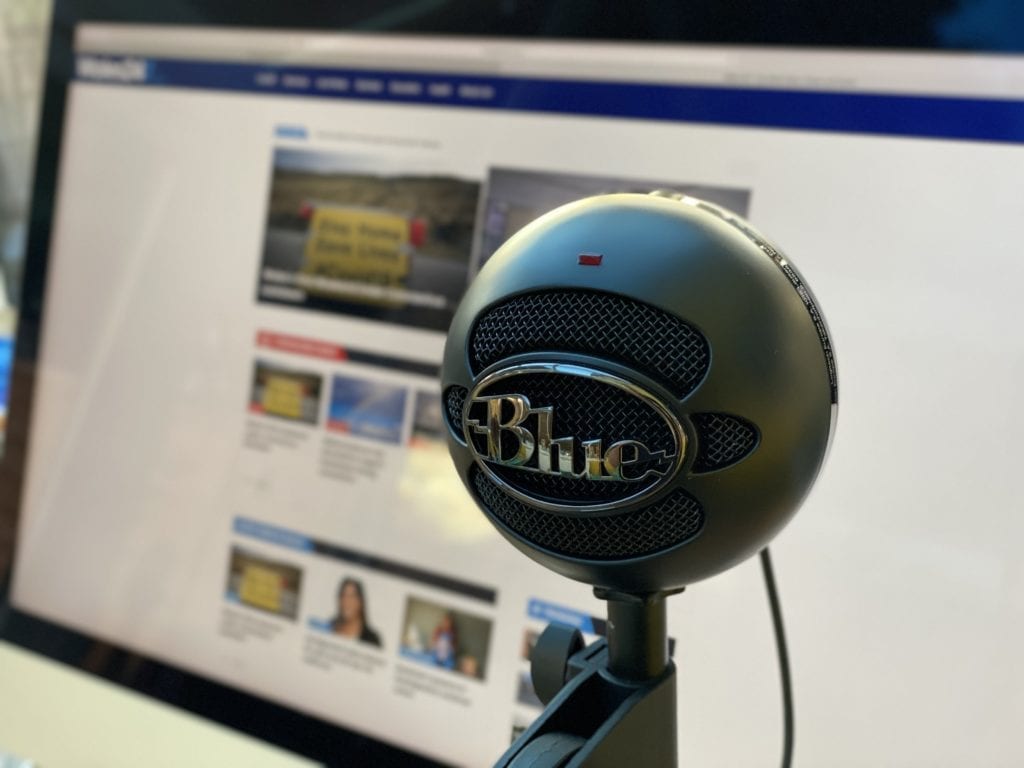

Online shopping remained around the same in the first couple of weeks, you just find other things to spend your money on. I bought some smart scales to track my weight during lockdown and an expensive printer to print off schoolwork etc. I also bought a nice microphone for my video conferencing for work.
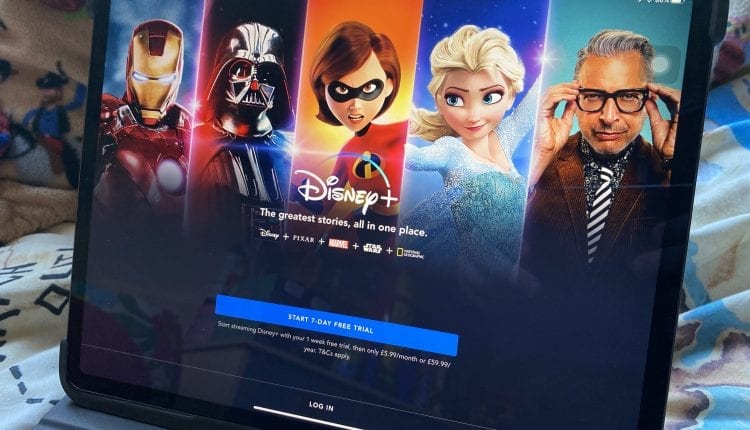

I took out a digital subscription for almost everything including, Spotify family, Disney Plus, Netflix, Amazon Prime, Twinkl school resources and more. Netflix alone has reported millions of new users of its service in this time, so I’m not the only one. Despite having access to all of these, I must have bought 3-4 movies in addition to this within a month, which usually would have been my yearly limit.
I’ve not bought a game in years, but I’m finding myself playing one or two games on my iPad that require in-app purchases to progress. That’s £50 in the last month that I won’t see back.
My car was sitting idle for days without being driven too, so a big saver.
Areas of significant spend:
- Supermarket shopping – £100 per week
- Online shopping – £100s per month
- Credit card use and interest payments – no change
- Subscriptions to digital services – £50 per month
- Digital downloads – Prime movies, apps and in-app purchases – £50 per month
- Fuel costs – £12 every two weeks
And now
What lockdown eventually makes you realise is that stuff isn’t as important as you may think. It really challenges you, making you re-evaluate where you spend your time, who with and what you do. I know lots of people with plenty of things, who have come to realise that they lead boring lives with no hobbies.
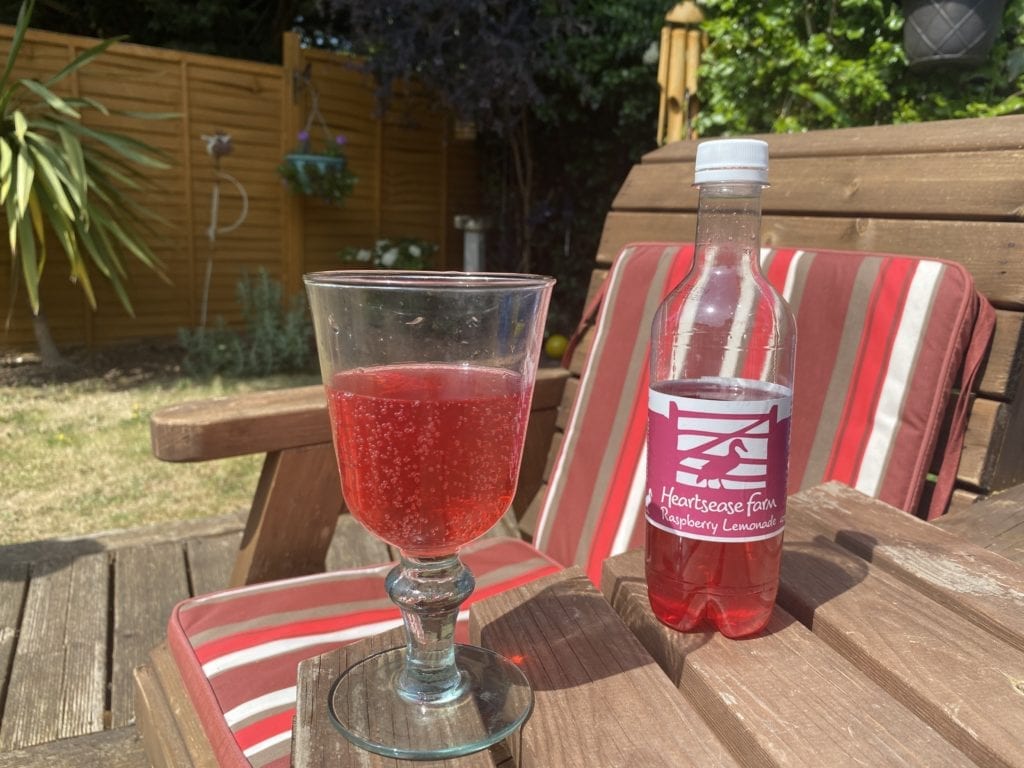

It’s safe to say that we all now take greater value in the great outdoors. The queues at B&Q, the Range and garden centres speak for themselves. No doubt, the weather played a factor there too. Sitting in your garden and going for a walk is free and is great as long as the sun keeps shining – we’ve been quite lucky there.
Gone are the big supermarket shops, they have once again become a little smarter. I’m managing to fight the urge to buy a lorry load of snacks and spend £100 + each time I go near a supermarket, which is helping the size of my wallet, as well as my waist. I’m still trying to avoid the supermarket altogether when I can, but I’m back to buying food stuffs for every few days, rather than a week at a time. I’m noticing that food waste has reduced as a result of this.
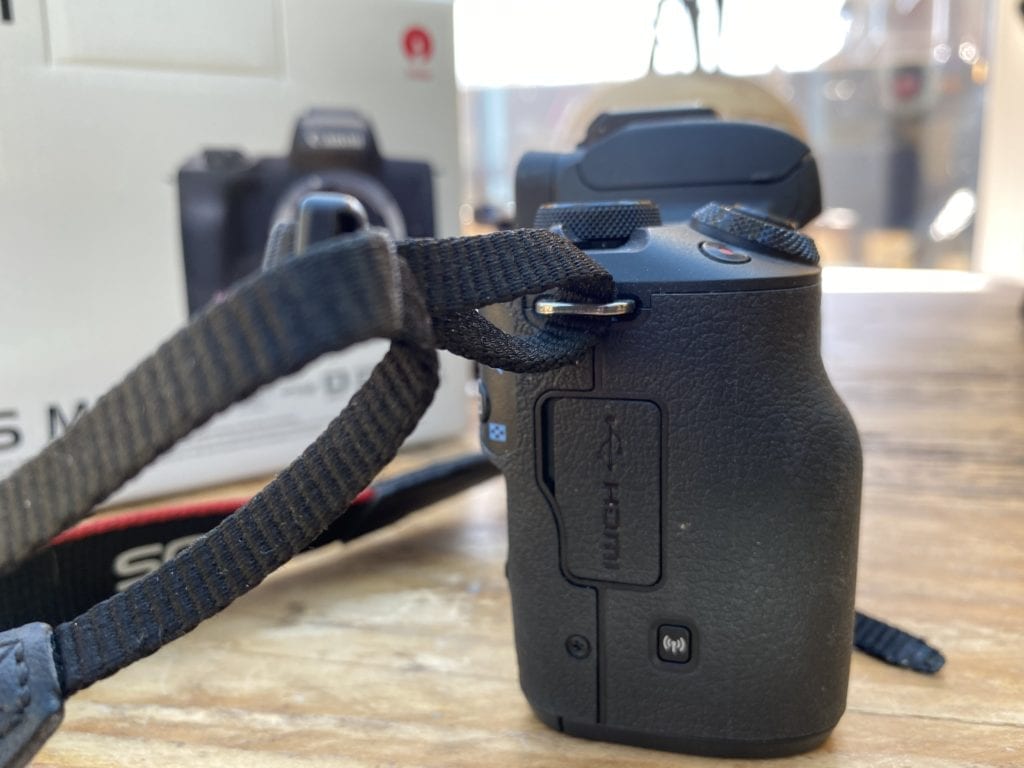

Online shopping has taken a massive U-turn as well. In fact, I’m selling more on eBay than purchasing at the moment, which has resulted in a cash surplus. I had a second computer monitor for shear convenience and a digital camera (with lenses) that I haven’t used in a year. Not to mention the tons of bags and accessories that go with anything tech related. I’m fortunate that my recent downsizing has helped me to pay off my credit altogether, so that’s a monthly saving right there.
As a result of this, car use is creeping up, but still nowhere near the same levels as pre-lockdown.
I also recommend that you review any memberships or vouchers that you may have. Organisations have been very good to pause many of these already, but if you have a membership with an expiry date, it’s worth contacting them to see if they can be extended.
Whereas before I was focused on creating budgets and plans for monthly cashflow, I’ve now created a savings plan which I’ve not had in many years. The savings plan gives you a focus to watch your spend and a reason to reduce costs, rather than sticking to the same outgoings per month. There is a subtle but significant difference that can alter your behaviour.
Areas of significant spend:
- Supermarket shopping – £50 per week
- Online shopping – £30 per month
- Subscriptions to digital services – £50 per month
- Digital downloads – Prime movies, apps and in-app purchases – £20 per month
- Fuel costs – £12 per week
What does the future hold?
Although it has taken me many weeks and months to turn a corner, I’m determined not to lose my current mindset of saving more and paying off what I owe.
I’m now stopping and thinking before making online purchases and I’m continuing to sell unused items on eBay and Facebook marketplace. Digital subscriptions are also going to be reviewed at the end of the month, and I’m already considering dropping a number of the services I mentioned I above. There are a few new films, but I feel like I’ve watched everything now.
Click and collect services are expected to be huge, as more restaurants look at ways they can continue to do businesses while maintaining social distancing. I imagine people will be eating out (in) again in no time, so that’s one expense to consider. Wait until Nandos start delivering…
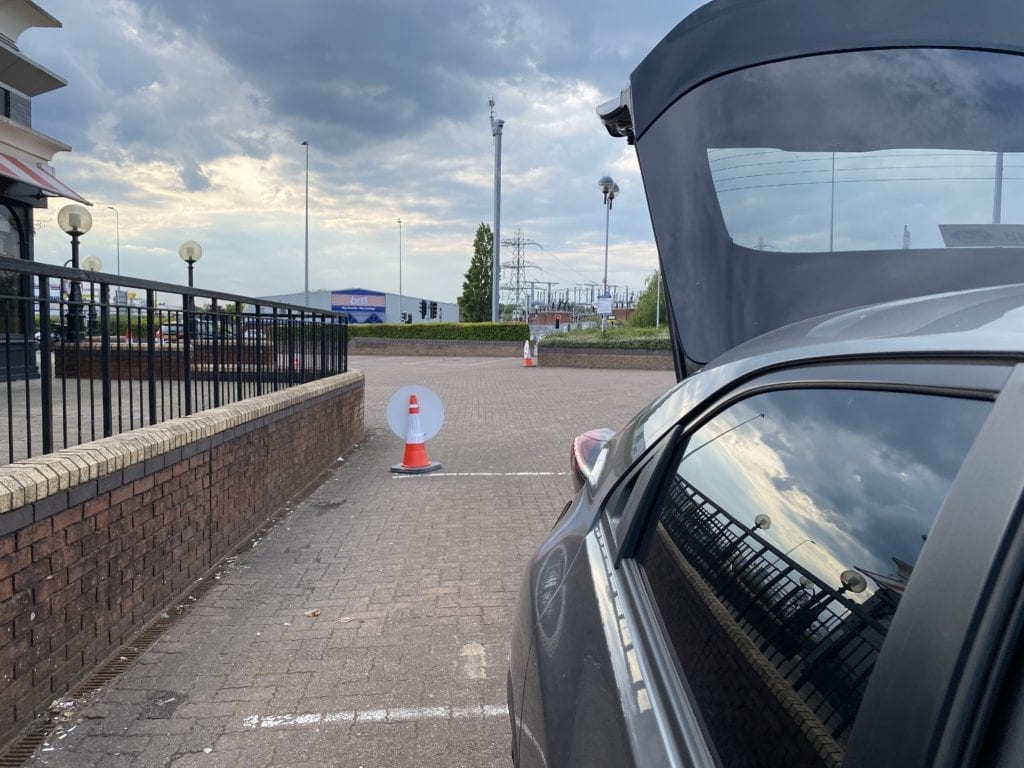

I’m lucky to be able to work at home, so I expect car use to remain flat at about £12 per week, with no signs of this increasing in the short term.
We also have no plans for holidaying abroad this year or any significant travel plans for at least 12 months. I imagine we won’t be the only ones considering a staycation this year.
The challenge will be maintaining the new low costs in the ‘new normal’. However, I highly recommend that people, families, look at their outgoings if not already to see what they really need right now.






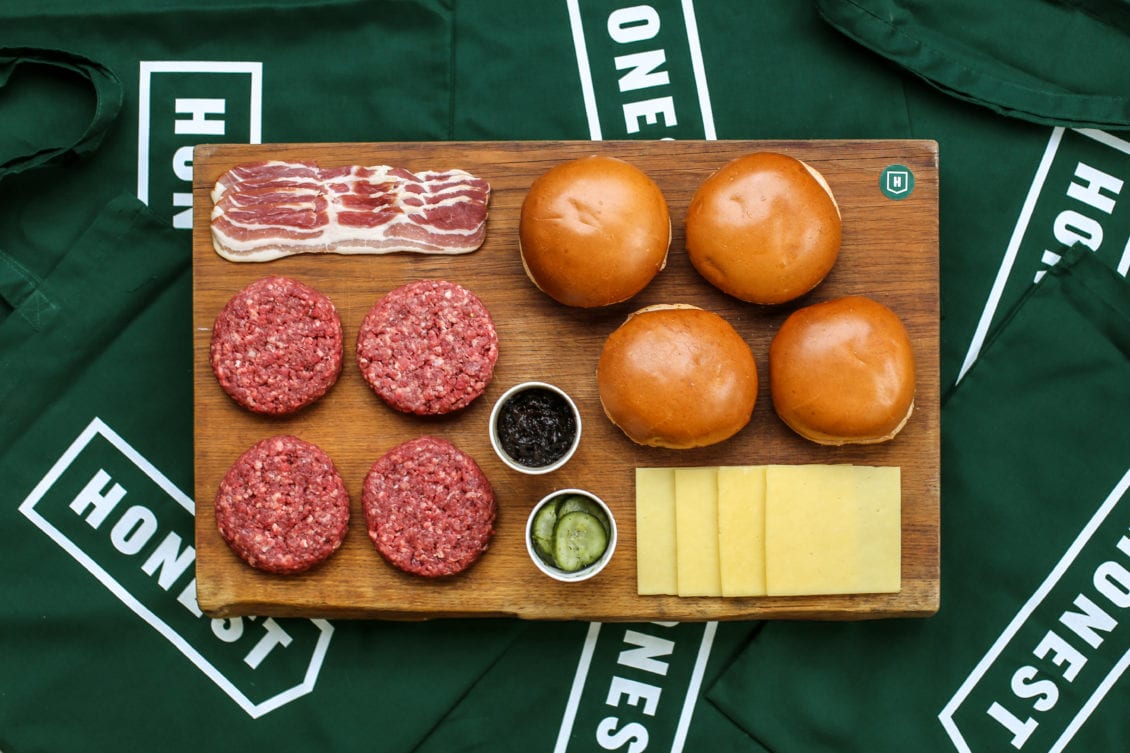

Leave a Reply
View Comments